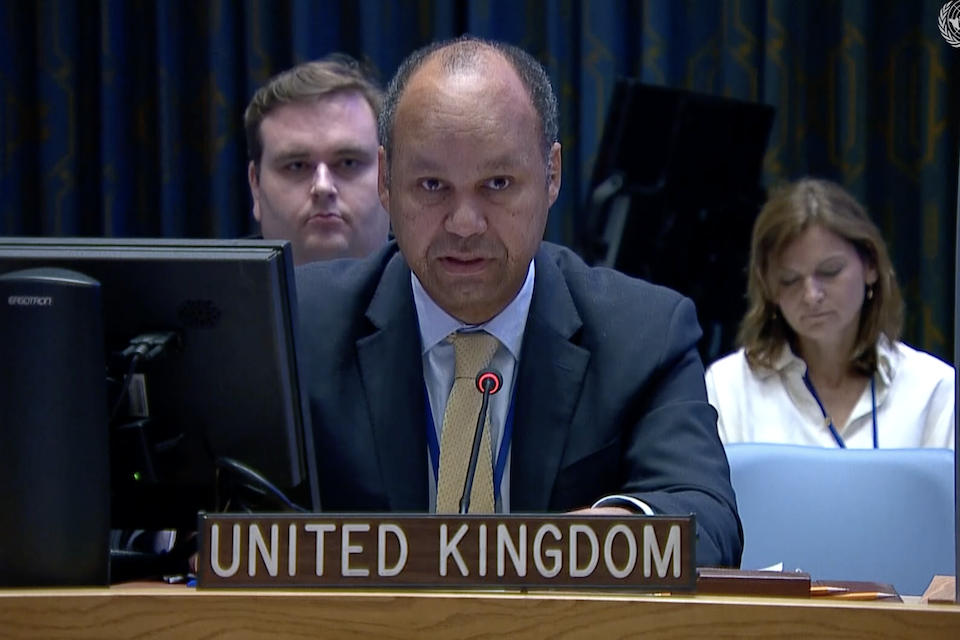Addressing the increase in human rights violations committed by the Malian Defence and Security Forces and the Wagner Group
Statement by Ambassador James Kariuki at the UN Security Council briefing on the situation in Mali

Thank you, President.
I thank SRSG Wane for his briefing, and I want to echo the condolences expressed by others regarding the recent deaths of Egyptian and Jordanian peacekeepers in MINUSMA. We pay tribute to their courage and sacrifice. I also welcome the vital perspective given to us by Ms Touré on the challenges facing the Malian people, including women, youth and children. And, I welcome the presence of Foreign Minister Diop at this meeting.
Last time the Council met to discuss Mali, reports had just emerged of a massacre in Moura. Hundreds of civilians killed during a counter-terrorism operation involving Wagner Group mercenaries. At the time, many Members urged the Malian authorities to afford MINUSMA immediate, unhindered access to conduct an independent investigation. More than two months have passed and MINUSMA continues to be denied access to the area.
The United Kingdom is deeply concerned about this and many other instances of unacceptable restrictions imposed by the Malian authorities on MINUSMA, especially on aerial movements. Restrictions on free movement and Status of Forces Agreement violations hinder the Mission’s ability to deliver its mandate and jeopardise safety and security.
MINUSMA’s latest quarterly human rights report is clear – that the incident in Moura was not a one-off. While we continue to be deeply concerned about the escalation of terrorist violence and abuses against civilians, the report also documents a significant increase in human rights violations by the Malian Defence and Security Forces, with the involvement of so-called ‘foreign military elements’. Members of this Council are under no illusions – this is the Russian-backed Wagner Group.
Counter-terrorism operations must be conducted in full compliance with international human rights standards and international humanitarian law. Continued violations only risk fuelling the cycle of violence. It is in Mali’s own interests to allow professional UN investigators to operate freely.
President, the root causes of conflict and insecurity in Mali must be addressed. An inclusive political transition is essential. We note the recent statement from the authorities on their preferred timeline. We strongly encourage the Malian authorities to continue the dialogue with ECOWAS so that agreement can be reached.
The recent visit by Under-Secretary-General Martin Griffiths has highlighted again Mali’s worsening humanitarian crisis – it continues to disproportionately affect women and girls. Increased violence in Menaka is causing mass displacement, a spike in humanitarian needs and severe risks to civilians. The United Kingdom commends the vital work of humanitarian organisations, and, following the shocking attack on two Red Cross workers on 1 June, we reiterate that aid workers must not be targeted. We call for full, safe and unimpeded humanitarian access.
Finally, President, we support the renewal of MINUSMA’s mandate later this month. But, as we enter negotiations, the Council needs a frank conversation about what the political, human rights and security developments of recent months mean for the future of the Mission. Simply maintaining the status quo is not tenable. We therefore support the Secretary-General’s proposals for a review to consider how best MINUSMA can continue to deliver on its priorities. And, we look forward to working with France, and other colleagues, on this important Mandate renewal.
Thank you.